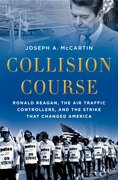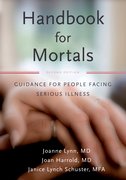Linked Up: BlackBerry, Toilet 2.0, and vintage Bill Gates
I have no qualms in admitting that this Linked Up post is entirely inspired by the clip I found this week of Bill Gates, circa 1994, demonstrating his circus skills. How can I get this on OUPblog, I wondered to myself? I know; let’s have a TECHNOLOGY LINKED UP SPECIAL.













